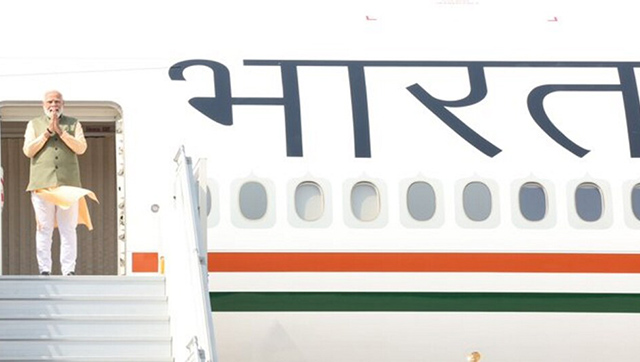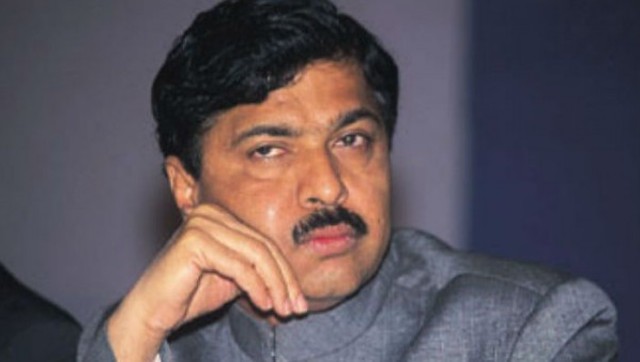One doesn’t normally hear the word data mining in the Indian Parliament. But Union Minister Arun Jaitley openly used the word and acknowledged the new set of tactics and technologies being used to better understand the fiscal and financial underpinnings of the Indian economy. When he was reeling out statistics about the general nature of Indians and said, “1.72 lakh people show an income of more than Rs 50 lakhs a year, but 1.25 crore cars were sold last year, two crore Indians travelled in 2015. All this shows we are largely a tax-noncompliant economy,” Jaitley signaled a big shift in the way the government has started functioning.
Technology has been a continuous thread in Jaitley’s 2017 budget speech . This is probably the first time that the government has come out so openly in support of technology and its transformative potential. There are at least five technology solutions that Jaitley has proposed, that can lay some of long running debates to rest once and for all.
The first debate that has seen a lot of opinions and sharp word battles has been quality of capital and infrastructure assets that is being created in rural areas mainly by the Mahatma Gandhi National Rural Employment Guarantee Act (MNREGA). Jaitley’s almost self-effacing announcement, about all rural assets to be geotagged, is a major step towards physically identifying assets and in future mashing up such geotagged data to help understand the larger social and softer implications of such assets, for example women’s access to ponds and toilets. Geotagging will also resolve to a large extent of non-assets being shown as assets, and also of one asset being shown multiple times as different assets for disbursement of money.
The second debate has been about Internet penetration in rural areas. It has been an arena for everyone to have an opinion. Jaitley has gone a long way in settling that debate by announcing to the Parliament that the Optical Fibre Network of Bharat Net is now 1,55,000 kilometres: deep and substantial by any stretch or parameter. He has also put himself on the line, promising high-speed internet connections in 1,50,000 gram panchayats by next year, and has topped it up with an additional promise of hotspots. Jaitley’s announcement is the clearest indication yet of the government’s role to go digital to the last mile, man, woman and child and go all the way.
The third debate has been about the penetration of higher education and use of technology to extend the reach of our good teachers and institutions. By clearly explaining how the Swayam Platform is going to integrate digital technology, internet and smartphones to bring in Massive Open Online Courses, called MOOC, (think Coursera, edX) and linking up to the Direct to Home (DTH) operators, who are already in the business of offering fitness classes and children’s study modules, Jaitley is giving all us a peek into how and where the Ministry of Human Resource Development is going to change.
The fourth debate has been about whether Aadhaar is a number, an identity card or a conspiracy to include some and exclude others. Jaitley’s announcement about a pilot project for Aadhaar that will contain all the health details of senior citizens in the project area is the clearest future yet for the card. The government seems to be clear that Aadhaar will be allowed to fulfill its original intent and potential to become an all-purpose social welfare card, much like how the Nordic countries have managed to dovetail their capitalism with a strong Social Welfare State using an unique number for all its residents.
The fifth debate is about whether the digital economy is a mirage or a reality, has been settled for good by Jaitley by including it as one of the ten themes of his budget. To reinforce the reality, Jaitley clearly indicated that the Aadhaar enabled Payment System will be actively encouraged in a mission mode approach, with the mission being given a target of Rs 2,500 cr worth of transactions to be achieved by using the system by the end of next year. Bhim app is also going to be explicitly promoted with a referral and cash-back scheme for individuals and merchants respectively.
Perhaps the most strongest signal given by Jaitley that technology is going to be crucial cog in Modi’s mantra of ‘more governance and less government’ was the announcement of soil health cards to be issued to all farmers and the setting up of 100 mini labs in the over 680 Krishi Vigyan Kendra. Anyone who has a basic understanding of smart cards will know that these cards will be embedded with a chip.
Technology is here to stay. Just listen to Jaitley again.
R Swaminathan is Consulting Editor, Firstpost


)




)
)
)
)
)
)
)
)